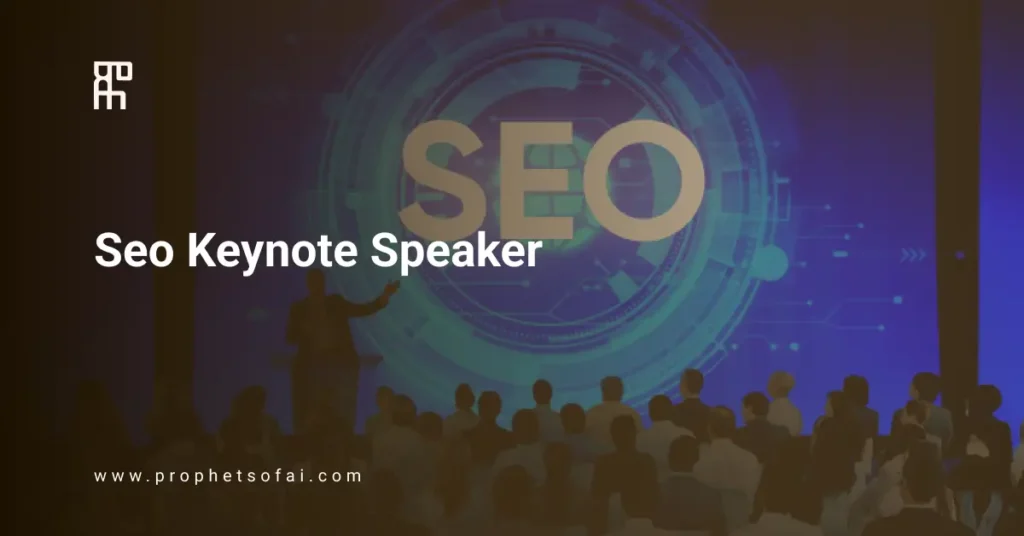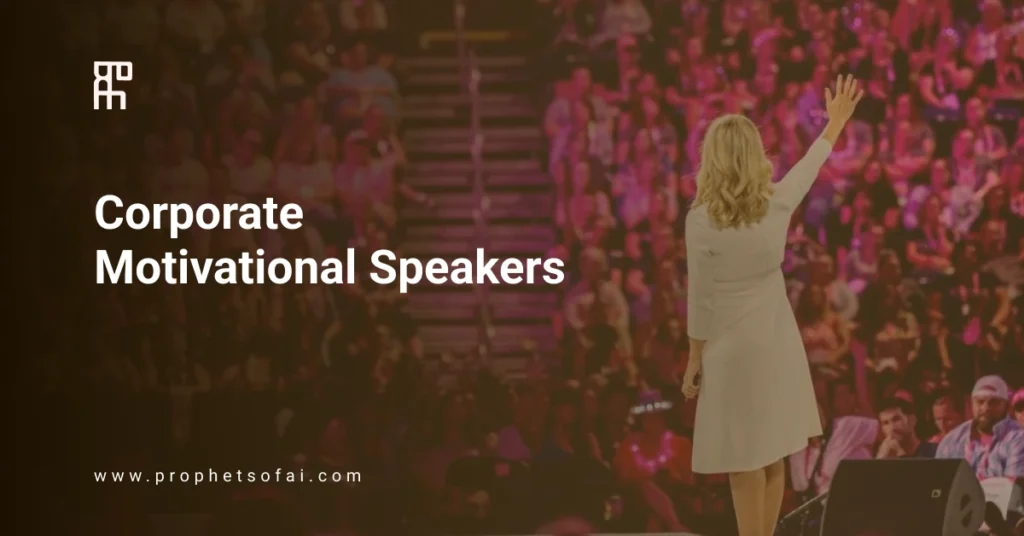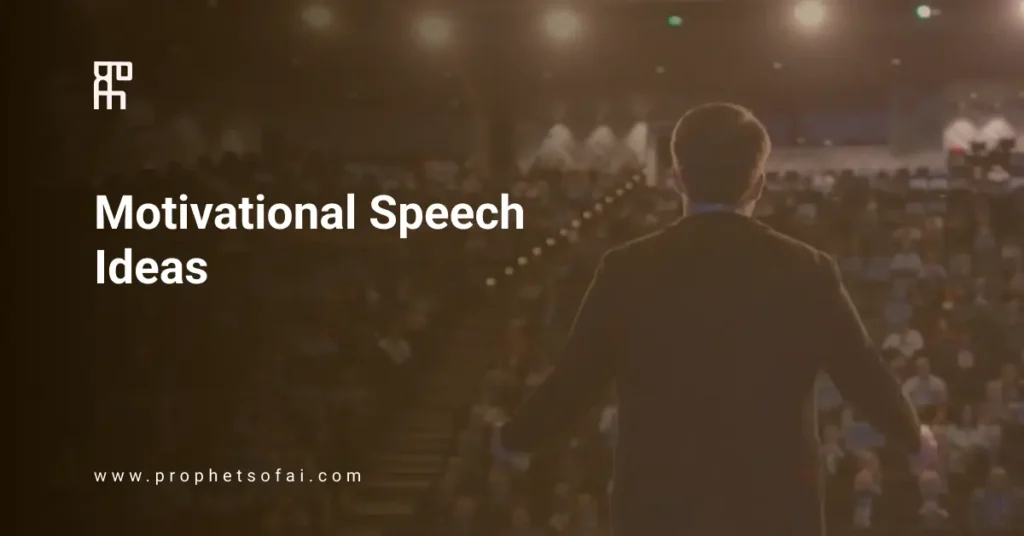You’ve done your research, negotiated a fair rate, and secured a renowned AI keynote speaker for $20,000. The budget is approved, contracts are signed, and you’re feeling confident. Then the invoices start rolling in: travel upgrades, technical requirements, content customization, recording rights. Your “final” cost? $32,000.
Sound familiar? You’re not alone. According to industry data, 73% of event planners underestimate their total speaker costs by 40-60%. The speaker fee is just the tip of the iceberg—what lies beneath can sink your budget fast.
In this guide, we’re pulling back the curtain on the 7 hidden costs that most speaker bureaus won’t discuss upfront. Whether you’re planning a corporate conference, sales kickoff, or industry summit, understanding these expenses will help you budget accurately and avoid costly surprises. Before diving into hidden costs, make sure you understand the baseline by reviewing how much does a keynote speaker cost for standard pricing tiers. Let’s dive into what you’re really paying for when you hire a keynote speaker.
1. Agency & Booking Fees
When you see a speaker’s listed fee of $20,000, that’s rarely what you actually pay. Most speakers work through agencies or bureaus that add commission fees ranging from 10-30% on top of the base rate. These aren’t included in the advertised price.
Here’s how it typically breaks down: A speaker lists at $20,000, but the bureau adds a 25% commission ($5,000), bringing your actual cost to $25,000. Some agencies also tack on administrative fees, processing charges, or “coordination fees” that can add another $500-$1,500.
The key question to ask: “Is this an all-inclusive fee, or are there agency commissions and administrative fees on top?” Always request a detailed quote that itemizes every charge. Reputable bureaus like Prophets of AI provide transparent, all-in pricing from the start—no surprises, no hidden commission structures buried in fine print. Learn more about why work with a speakers bureau that prioritizes transparency.
Bottom line: That $20K speaker fee could actually be $25K+ before you’ve even booked a hotel room.
2. Premium Travel Requirements
“Just book them a flight” sounds simple enough—until you read the contract’s travel clause. Most established keynote speakers, especially those in high demand, have specific travel requirements that go far beyond a basic economy ticket.
Business class is standard for any flight over two hours. For international or cross-country events, expect first-class requirements. A round-trip business class ticket from New York to Los Angeles? That’s $2,000-$4,000 versus $400 for economy. If your speaker is coming from London, that first-class ticket jumps to $8,000-$12,000.
But it doesn’t stop there. Many speaker contracts include companion travel—meaning you’re paying for two business class tickets, not one. Ground transportation typically specifies private car services ($150-$300 per trip) rather than rideshares. If your speaker is routing through multiple cities for back-to-back engagements, you might be covering complex multi-city itineraries at premium rates.
Pro tip: The 24-hour rule is your friend. Speakers who arrive the day before your event (rather than day-of) are more rested and prepared, but you’ll cover that extra overnight stay. Build this into your budget from the start.
Bottom line: A “simple flight” can easily become a $5,000-$8,000 line item, or more for international speakers.
3. Luxury Accommodation Add-Ons
Your venue’s standard guest rooms won’t cut it. Most speaker contracts specify suite accommodations—think junior suites at minimum, often upgraded to executive or luxury suites for high-profile speakers. The difference? A standard room might cost $250/night, while a suite runs $500-$800/night.
Then there’s the duration. You’re not just covering the night of the event. Speakers typically require accommodations for arrival day, event day, and sometimes departure day—that’s 2-3 nights minimum. Add in per diem allowances ($75-$150 per day for meals) and hotel incidentals like Wi-Fi upgrades, room service, and business center access.
For a three-night stay in a major city, accommodation costs alone can hit $2,000-$3,000 before your speaker ever takes the stage.
Bottom line: Budget $2,500-$4,000 for premium accommodations and associated expenses.
4. Technical & Production Costs
“I’ll just bring my laptop and a clicker” is rarely the reality with professional keynote speakers. Most have specific technical riders that require custom AV setups: confidence monitors positioned at precise angles, lavalier microphones (not handhelds), specific lighting configurations, and high-resolution projectors.
Then there’s content production. That generic PowerPoint deck? Many speakers charge $2,000-$5,000 to customize presentations with your company branding, industry-specific data, and tailored case studies. Recording rights are another surprise—if you want to capture the keynote for internal use or social media, expect fees ranging from $1,500-$10,000 depending on distribution rights.
Tech rehearsals aren’t free either. Speakers often bill for dedicated run-throughs, especially for complex presentations involving video, live demos, or interactive elements. One AI speaker we work with requires a two-hour technical rehearsal at $500/hour.
Real example: A “simple 45-minute talk” at a tech conference required $6,000 in production costs—custom animations, live AI demonstrations, three-camera recording setup, and a dedicated technical director.
Bottom line: Technical and production expenses can add $3,000-$8,000 to your budget.
The Real Numbers & How to Minimize These Costs
Let’s add it up. That $20,000 speaker fee becomes:
- Agency fees: +$5,000
- Travel: +$5,000
- Accommodations: +$3,000
- Technical/production: +$4,000
- Content customization: +$2,500
- Contingencies: +$1,000
- Usage rights: +$2,000
Total: $42,500 (112% increase over base fee)
How to protect your budget:
- Work with transparent bureaus – Prophets of AI provides all-in pricing with no hidden fees
- Ask for itemized quotes upfront – Get every cost in writing before signing
- Budget 20-25% contingency from day one
- Book 6+ months ahead for better negotiating power – Understanding how far in advance should you book a keynote speaker gives you leverage
- Bundle everything – Negotiate package deals that include travel, production, and rights. Learn strategies in our guide on how to negotiate with a keynote speaker
Conclusion
Hidden costs aren’t just budget busters—they’re reality checks. The difference between a $20,000 speaker fee and a $42,500 final invoice isn’t about getting ripped off; it’s about understanding what professional keynote speaking truly entails. Every travel upgrade, technical requirement, and customization fee exists for a reason: to deliver a polished, impactful presentation that resonates with your audience.
The real question isn’t whether these costs exist—it’s whether you’re working with a partner who’s transparent about them from day one. The wrong speaker at any price is expensive. The right speaker, with all costs clearly understood and budgeted, is an investment that pays dividends in audience engagement, brand reputation, and measurable ROI.
At Prophets of AI, we believe in radical transparency. No surprise fees, no hidden commissions, no last-minute invoice shocks. Just clear, all-inclusive pricing that lets you plan confidently and focus on what matters: creating an unforgettable event.
Talk to our team to get a transparent, all-inclusive quote for your next AI keynote speaker—no surprises, guaranteed.





